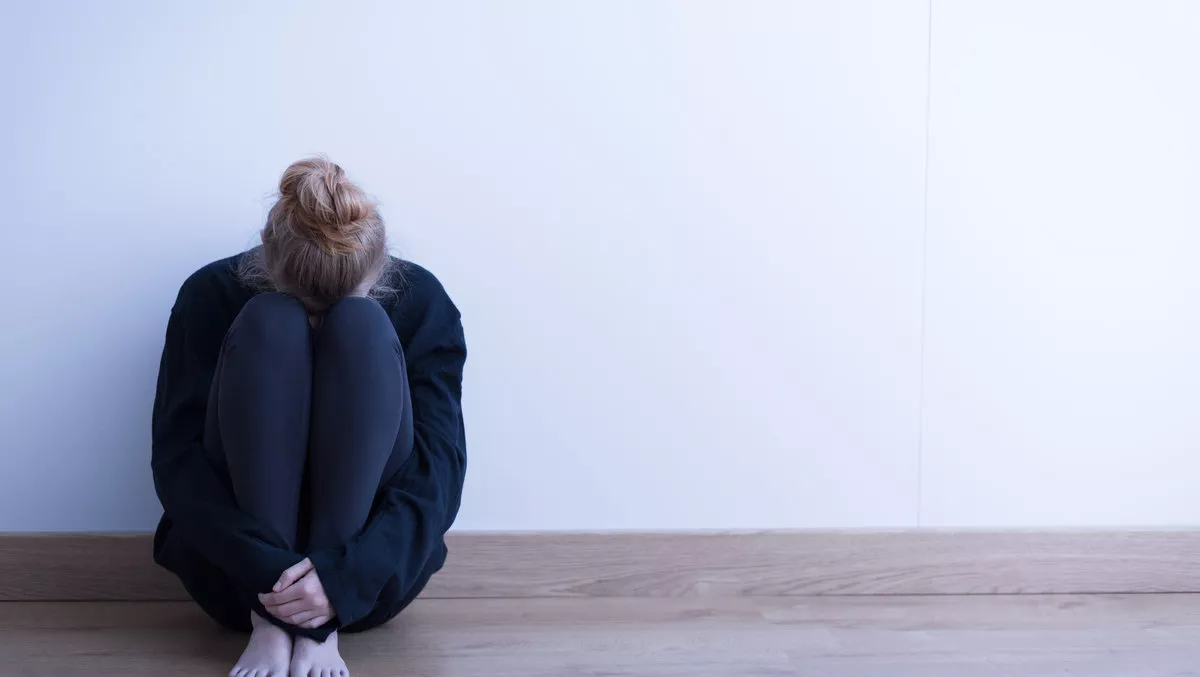Tourists who travel technology-free can suffer withdrawal symptoms akin to giving up smoking or drinking, according to new research from Auckland University of Technology (AUT).
However, there are benefits to giving up the ghost, with the findings of the research also revealing that tech-free travellers can regain social, navigation and information-gathering skills when they disconnect.
The research comes as the demand for so-called 'digital detox' holidays is on the rise.
Dr Lena Waizenegger, from AUT Business School in New Zealand, worked with lead author Dr Wenjie Cai, from the UK-based University of Greenwich Business School, and Dr Brad McKenna, of the UK's University of East Anglia (UEA) Norwich Business School.
According to Waizenegger, participants in the study agreed to restrict their access to technologies including mobile phones, laptops, tablets, the Internet, social media and navigation tools.
The researchers examined the travellers' emotions before they disconnected, during their disconnection, and after they reconnected.
'Turning it off: Emotions in Digital-Free Travel' has been published in the Journal of Travel Research.
"The findings show many of the travellers initially experienced symptoms of anxiety and frustration, but also excitement. Over time, these feelings developed into increasing levels of acceptance, enjoyment and even liberation," explains Waizenegger.
"Travellers initially missed the convenience and security of Google Maps and perceived connectivity of Facebook. However, this anxiety morphed into a positive experience for many," she says.
"Once they overcame the initial feelings of concern associated with disconnection, a number of the participants learned to navigate with paper maps and gained the confidence to ask other people for help with directions," Waizenegger adds.
"That led to a much more interactive experience and a greater feeling of being connected to other people – which ultimately became a highlight of their holiday.
Dr Cai says the research offers valuable insights into the growing desire by travelers to break away from the constant connectivity offered by technological affordances.
"The increasing popularity of digital-free tourism shows people are growing tired of having non-stop access to information and services," says Cai.
"It is helpful to see the emotional journey that travellers without technology are experiencing.
Dr McKenna adds that the findings have valuable implications for tour operators and destination management organisations when developing 'off-the-grid' packages or tech-savvy tour products.
"Understanding what triggers consumers' emotions can help service providers to improve products and marketing strategies," says McKenna. "The trips our travellers took varied in terms of lengths and types of destinations, providing useful insights into various influencing factors on emotions.
Once reconnected, many participants said they were overwhelmed by the slew of messages and notifications received while disconnected. Some resolved to have another digital detox in the future.
In total 24 participants from seven countries travelled to 17 countries and regions during the study. A number of New Zealanders took part, visiting Tonga, Fiji, the Cook Islands and Abel Tasman National park. Other participants travelled from Australia to various destinations. Most disconnected for more than 24 hours and data was collected via diaries and interviews.



